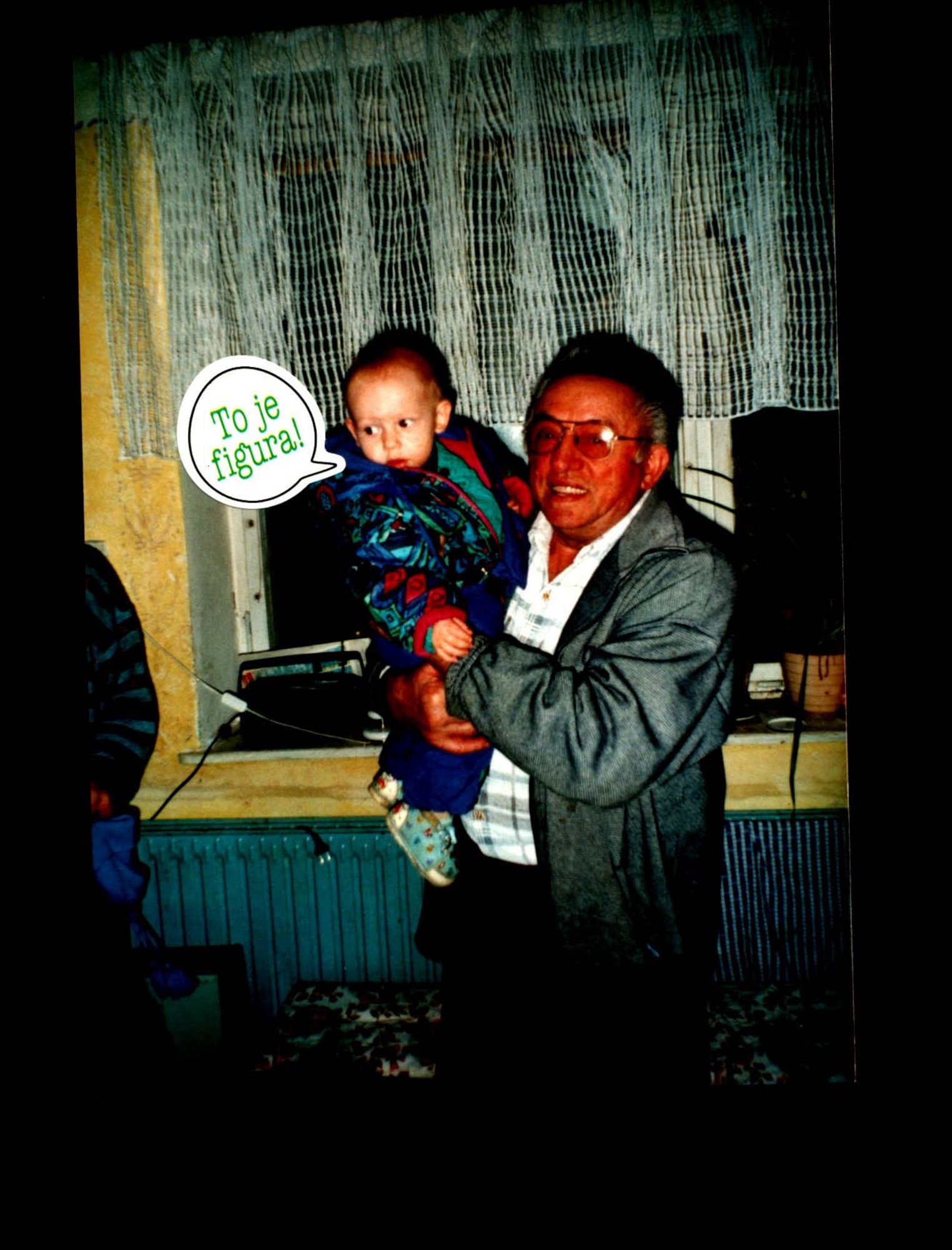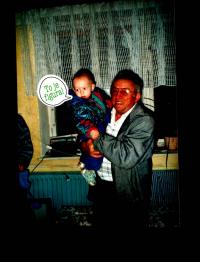„I was in the Brod brigade… I was wounded and got as far as Hungary. In Hungary I joined the Osijek brigade and with this unit we liberated Osijek and from then on, we were victorious.”

Stáhnout obrázek
Josef Ruda was born on 10 February 1927 in Kontchanice in what today is Croatia. His family was Czech as was the entire region. In the winter of 1945 he joined the fourth Brod brigade - a guerrilla unit fighting the Ustasha units and the Germans. He was wounded shortly after that and the guerrilla field hospital, where he was transferred, was forced to flee to Hungary because the enemy started a large offensive. In the spring of 1945, Hungary saw the formation of the 2. Osijek brigade, that Ruda joined. With this unit, he crossed the river Drava and fought for the liberation of Yugoslav territories. He made it to Osijek with the brigade, where he joined the ranks of the military police, which was responsible for arresting the remaining Ustasha members. After the war, he accepted an offer of the Czechoslovak government to settle in Czechoslovakia. He became a farmer in Oleksovice in southern Moravia and resisted collectivisation of his manor until 1957.
